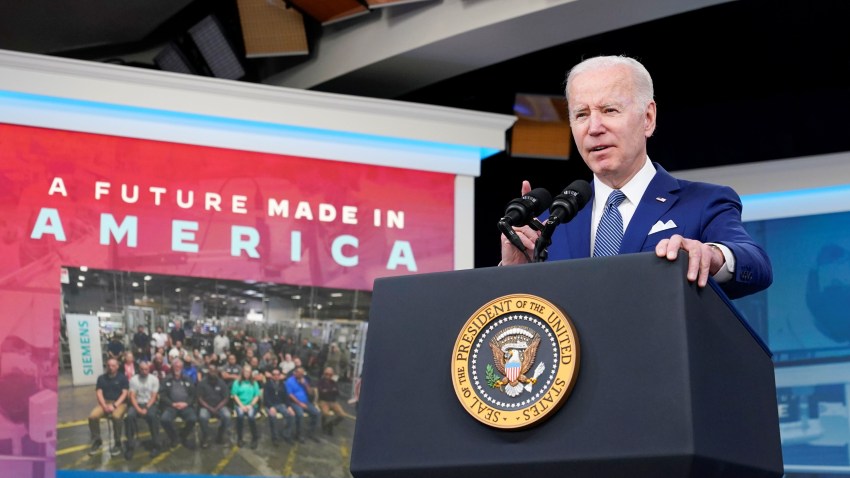Last month, U.S. national security adviser Jake Sullivan gave a speech declaring that the “Washington consensus” in favor of neoliberal economic policies was officially dead. Previous U.S. administrations have extolled free trade, open capital flows and fiscal discipline as the answer to economic woes both at home and abroad. The administration of President Joe Biden disagrees. These policies, Sullivan argued, have proven unequal to tackling both the dislocation and inequality caused by globalization and the threat that U.S. policymakers see from a rising China. As a result, a new consensus, one much less rooted in neoliberalism, is needed to replace them.
Sullivan’s speech is the most sophisticated defense yet of the Biden administration’s approach to international economics, but the policies themselves are not new. Since its earliest days, the Biden administration has been skeptical of the benefits of globalization and focused on shaping the U.S. and global economies through targeted interventions. Their new approach can best be understood as consisting of three planks.
The first is to de-emphasize markets and free trade, while rehabilitating industrial policy and protectionism. As Biden’s top economic official Brian Deese explained last year, the administration is not willing to accept “that the individualized decisions of those looking only at their private bottom lines will put us behind in key sectors.” Instead, the administration will “engage in strategic investment in those areas that will form the backbone of our economy’s growth over the coming decades.” So far, the administration has used the power of the government to stimulate investment in three strategic sectors that it feels are not adequately served by private finance: infrastructure, semiconductors and green energy.

